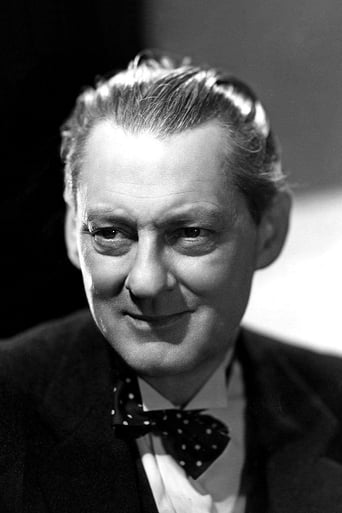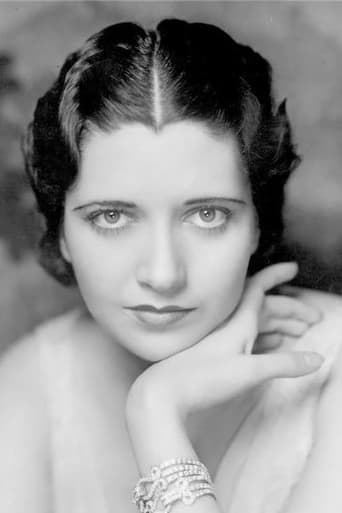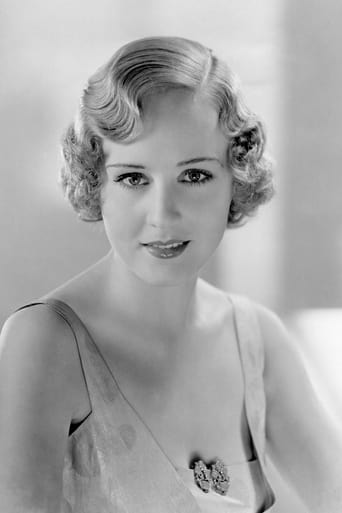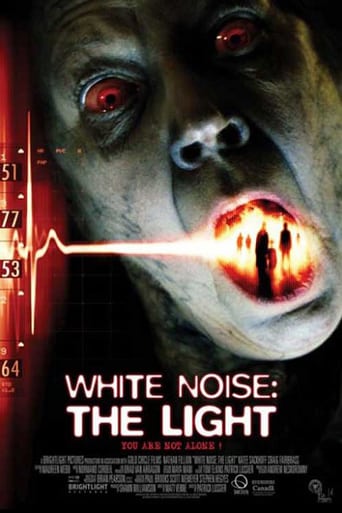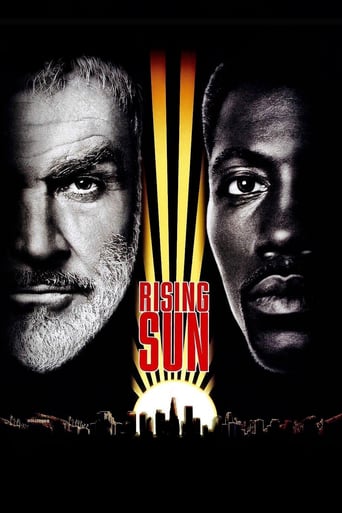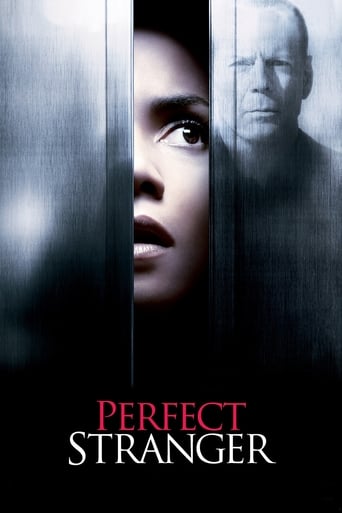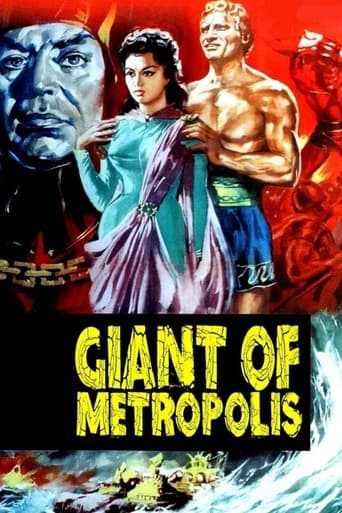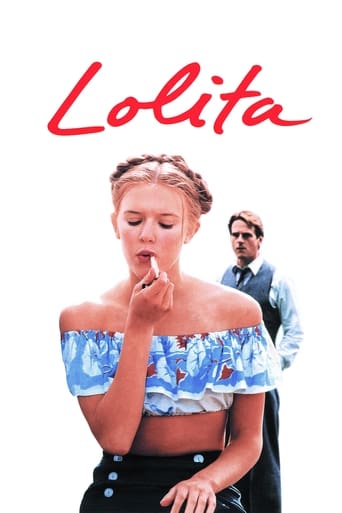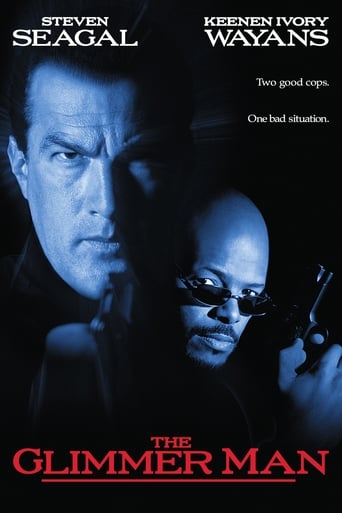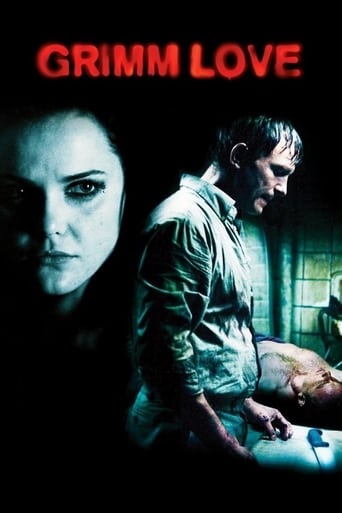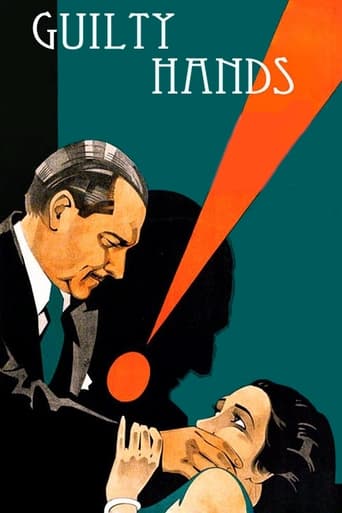
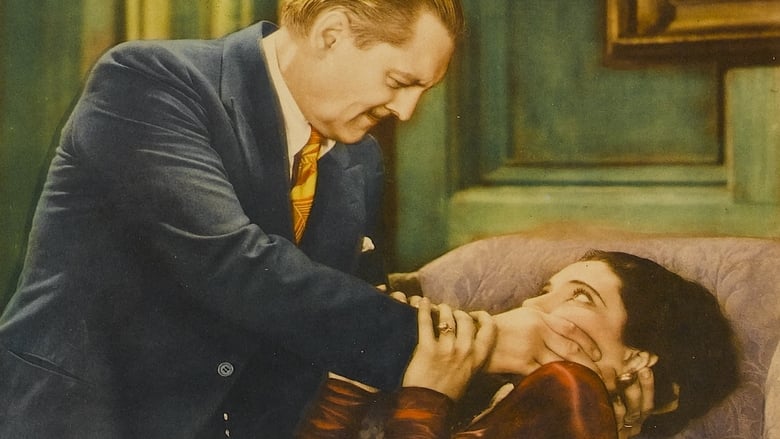
Guilty Hands (1931)
A district attorney commits the perfect murder when he kills his daughter's womanizing fiancé and then tries framing the fiancé's lover.
Watch Trailer
Cast
Similar titles
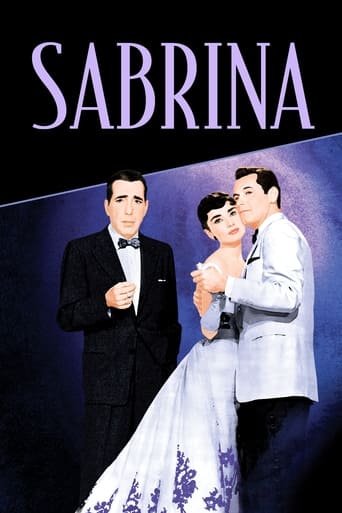
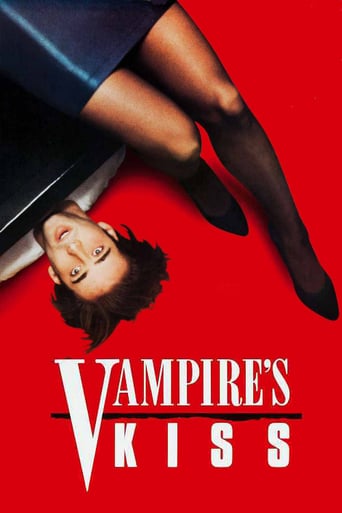
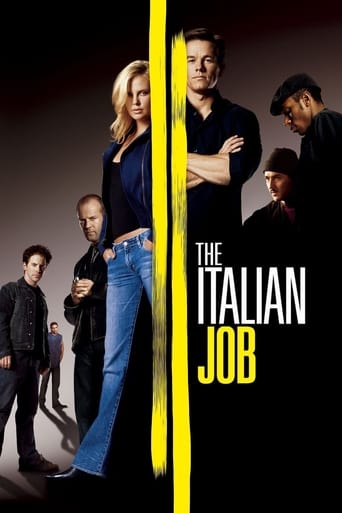
Reviews
People are voting emotionally.
If the ambition is to provide two hours of instantly forgettable, popcorn-munching escapism, it succeeds.
This is a coming of age storyline that you've seen in one form or another for decades. It takes a truly unique voice to make yet another one worth watching.
It’s fine. It's literally the definition of a fine movie. You’ve seen it before, you know every beat and outcome before the characters even do. Only question is how much escapism you’re looking for.
I don't think anybody in Hollywood history ever considered Alan Mowbray a sex symbol of any means, but in this pre-code drama, he is the lecherous lothario who has set his sights on best friend Lionel Barrymore's daughter Madge Evans and has manipulated her into becoming engaged to him. She's a young innocent, and I found it hard to believe that she would choose portly Mowbray over the dashing William Bakewell who is in love with her. Mowbray has jilted the glamorous Kay Francis in favor of Evans, and at a dinner party celebrating the engagement, Barrymore lets on that he approves, while underneath as both a well respected attorney for the defense and the prosecution he is plotting to kill Mowbray and get away with it. When he sees a possible motive for murder with the furiously jealous Kay Francis, he sets into motion the opportunity to blame her for Mowbray's murder, but just as everything seems to be going off as planned, shocking twists turn his scheme around, leading the way to a stunning conclusion.Having defended his daughter Norma Shearer for a murder he committed in "A Free Soul", Barrymore now takes on a more scheming fatherly role here and is captivating. Many of his later performances were more hammy in nature than his famous profile brother John Barrymore, but here, Barrymore is excellent, especially as he harasses Francis with the ideas of how he will prosecute her and have it appear as if she was the guilty party. Mowbray, a delightful mustache twirler, definitely deserves to face the wrath of some poor girl's father, so the tension is thick as Barrymore stalks his prey. This is without a doubt an extremely dated and stagy story, but fills the screen with some delightfully melodramatic performances, including Francis in one of her best before she went onto become Hollywood's most long suffering mother. Even with a sincere performance, I just never could believe Evans' fawning over Mowbray and even threatening to run away with him if Barrymore didn't accept her decision. With all these deficiencies, the film still remains a completely exciting glimpse into a world of perversion that just a few years later would not be able to be done or even re-released without some major editing.
An inside-out murder mystery, one in which you know who dunnit and watch only to see if he can get away with it, "Guilty Hands" gets right down to business, as it has to - this isn't the kind of material that can take much stretching. It's already a bit of a stretch. But in a good way.At just over an hour, the film is essentially a programmer, never meant to be the main attraction of a night's entertainment. Exhibitors would pair it with a bigger picture, and add a couple of specialty shorts, choosing from among the available cartoons, song plugs, and travelogs. A night at the movies ca. 1931 set the pattern for a night around the TV-set in later decades. On that analogy, "Guilty Hands" is like a middling-to-better episode of Alfred Hitchcock Presents; it even sports an opening hook worthy of that show: a voice in the dark, talking of crime, says that a really clever fellow might commit a perfectly undetectable murder - and that under some circumstances, murder might be justified.The dark room turns out to be the smoking lounge of a train passing through a long tunnel, and soon after we come into the light the speaker, a lawyer who has in his varied career both prosecuted and defended murderers, finds himself in a tight spot that practically invites him to put his theory into practice. Lionel Barrymore, as the lawyer, leads a cast who do nothing short of a good professional job of putting across the high and low mischief that ensues. Barrymore's target, a rich rotter played by Alan Mowbray, is so dried out with debauchery that it comes as a surprise how much fight he has in him when he knows he's a marked man - cussedness seems to get his juices flowing. Soulful-eyed Kay Francis, as Mowbray's lover and (she hopes) Barrymore's nemesis, moves with the right mixture of languor and ardor - her character is half vamp, half noble sufferer - but she's been directed in one scene into some hambone-pantomime attitudes of terror, a style of acting that was already terribly old-fashioned in 1931. She does it expertly, and she's so beautiful we'd want to go on watching her anyway; still, the fustian is unfortunate. Less lucky in their roles are Madge Evans, as Barrymore's daughter, and the lad who plays her ideal young suitor: both characters are so bland the actors can do nothing with them but say their lines and try not to look too foolish. They manage it, and the film doesn't linger over them.Not lingering is the movie's best tactic for wriggling past its occasional weaknesses, especially the implausible motivation of that daughter character - she is possibly a watered down version of whatever the writer originally intended. The brisk pace comes from the makers' showbiz savvy; and if there was watering down, it was likely caution based on the same kind of wisdom about "what the traffic will bear." Those pre-code movies were seldom as daring as they're now cracked up to be; they were bent on entertaining, and a little bit of salaciousness could stir the plot - but they tried not to leave a bad taste in anyone's mouth.Come now, what masques, what dances shall we have, to wear away this long age of three hours between our after-supper and bed-time? "Guilty Hands," plus a couple of shorts - and another, better movie, thanks.
Pretty good murder story in a pre-code kind of way. Lionel Barrymore plays the local legal-eagle, as well as the irate father of the soon-to-be-bride, his daughter intending to marry his old friend, the biggest cad he knows. He tells the fellow he will murder him-justifiably in his mind-if won't give her up, and we see him do so. He even has arranged witnesses to "prove" he could not be the murderer, but the dead man's longtime love, played by a lovely Kay Francis, suspects him from the start.(Her scene at his body is not her best, however.) She then discovers the imprint on a piece of paper of a note the dead man had written before he was murdered, showing that Lionel had threatened to murder him. Of course Lionel is right there when she finds it, and explains in lawlerly detail how she will appear in a trial, since she is the beneficiary of the will.So will Lionel be caught for his misdeed? Or is the one of the pre-codes when murderers do not have to pay for their crime? Lionel Barrymore gives his usual strong, if sometimes over-the-top, performance. Kay plays well in a major supporting role. The rest of the cast is adequate in their roles, but the film is mostly between Lionel and Kay.
For the sake of his daughter (Madge Evans), who wants to marry a playboy cad (Alan Mobrary) old enough to be her father, Lionel Barrymore is the lawyer who thinks he can get away with the perfect crime by making it possible for her daughter to marry a wealthy young man (William Bakewell) rather than the unsuitable cad.The tale is taut, told with bits of humor and suspense on a dark night full of lightning and thunder. The old dark house elements work well within the confines of the contrived plot which has a bit of irony in the final twist which comes in a very abrupt and unexpected ending.Performances are what you'd expect from a melodramatic film made in '31, and Lionel Barrymore gets his usual chance to chew most of the scenery with some help from Kay Francis as a woman he decides to throw suspicion on. His plan backfires in the final scene.Interesting, if contrived, it's satisfying enough as a mystery to keep the attention riveted throughout.
